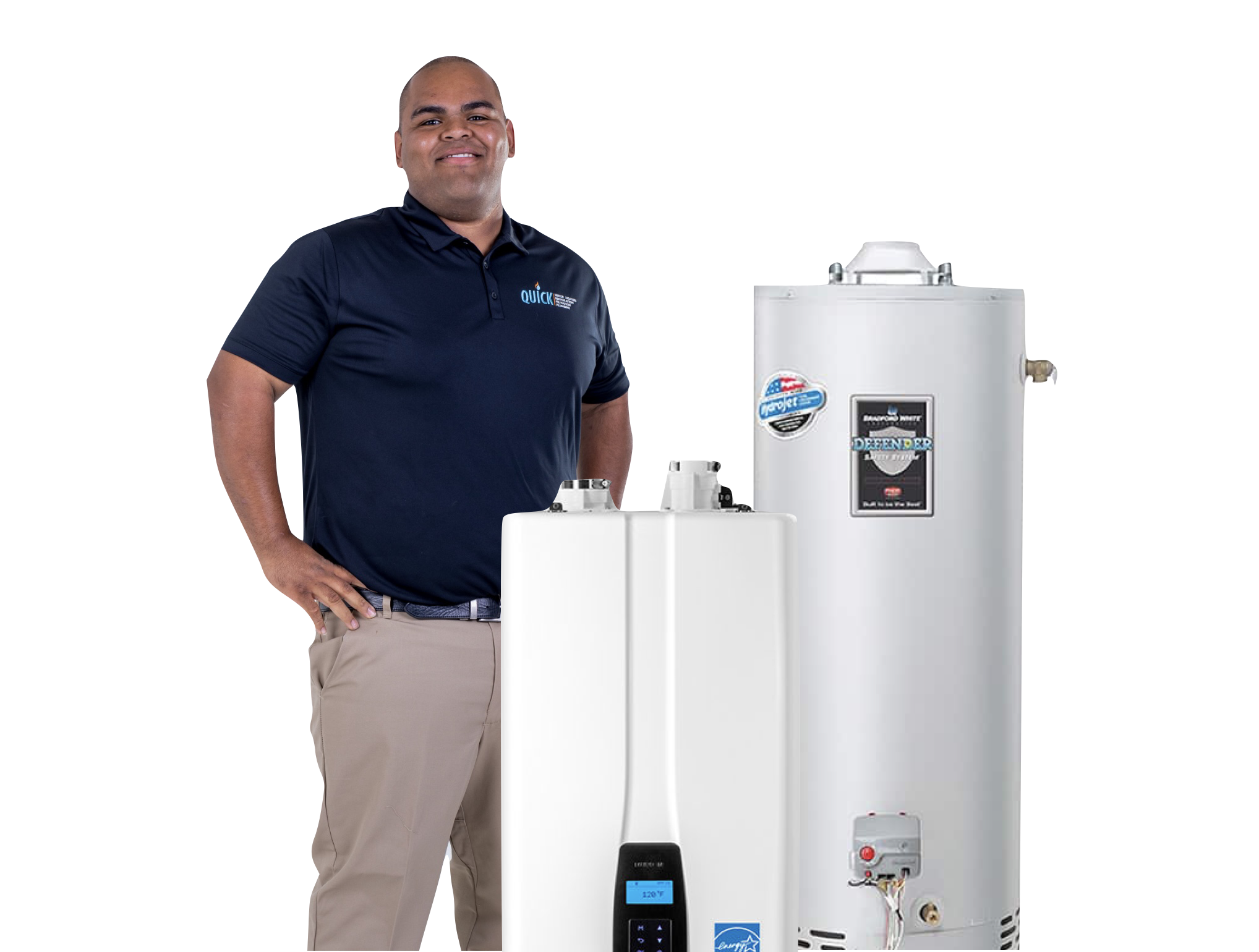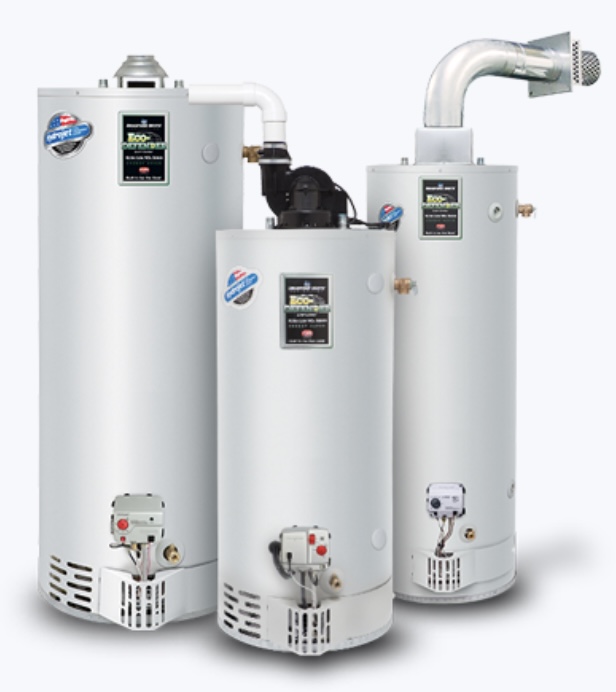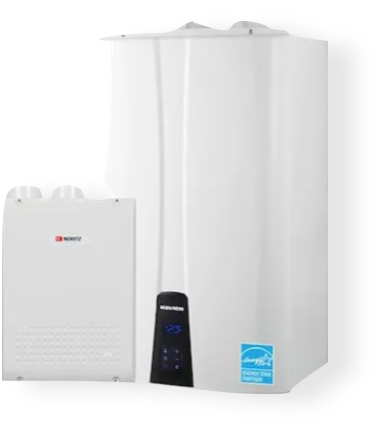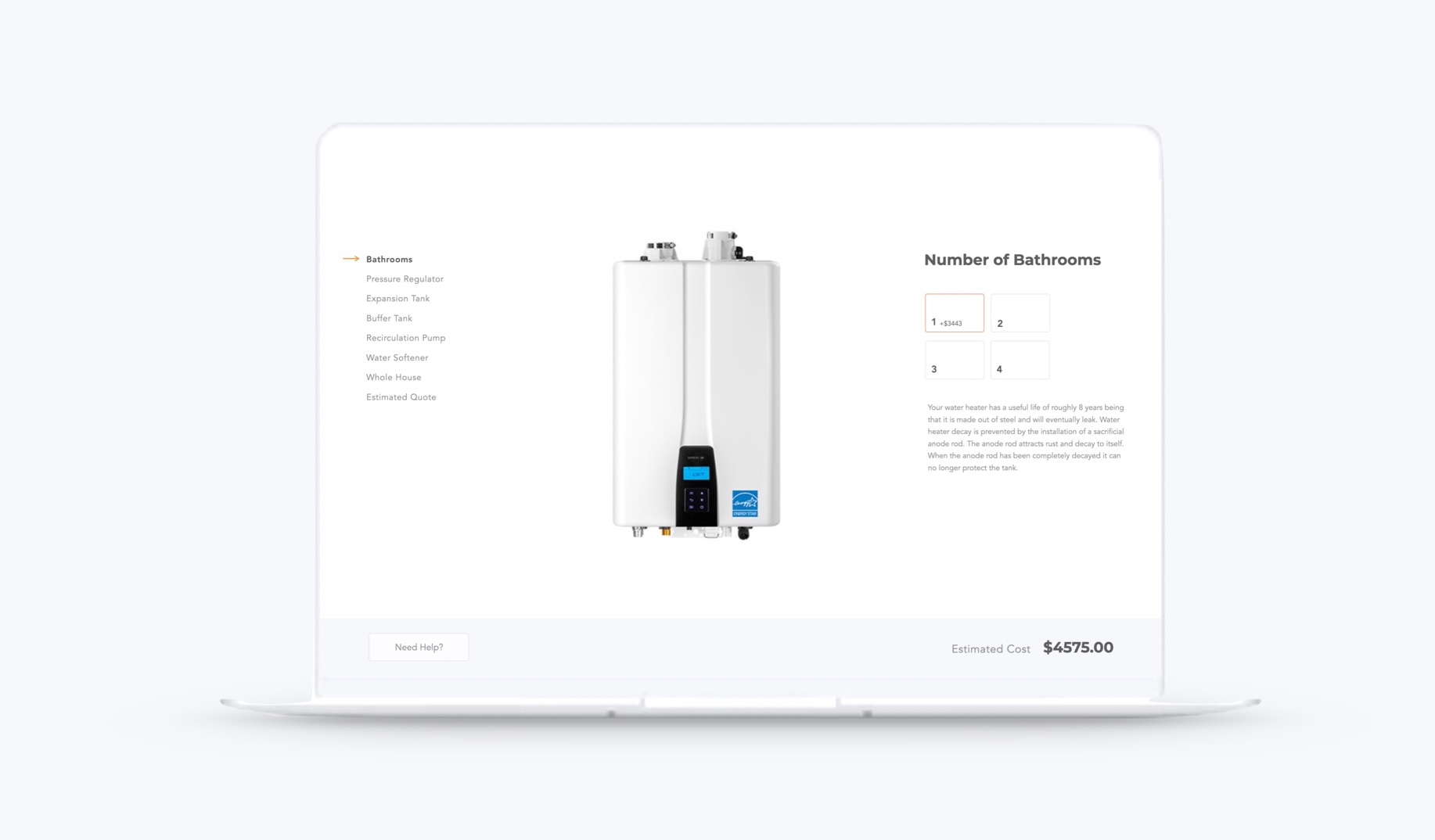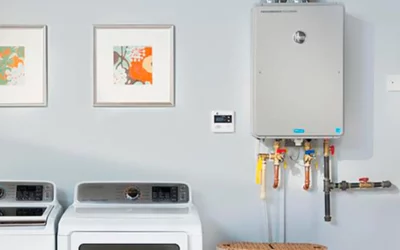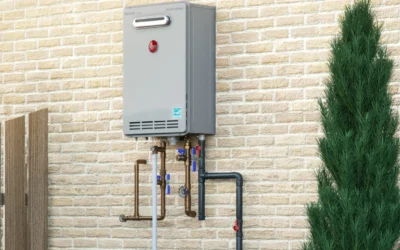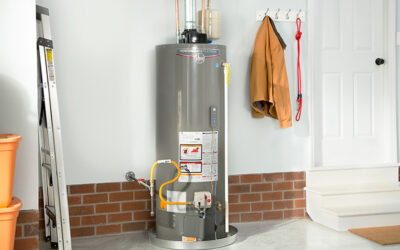If you are experiencing issues with your solar water heater, it is important to know how to repair it effectively. This guide will provide you with step-by-step instructions on troubleshooting and fixing common problems that may arise with your solar water heater. Whether it’s a power supply issue, leaks, or faulty components, we will walk you through the process of identifying and resolving these issues. Additionally, we will provide tips on maintaining and extending the lifespan of your solar water heater to ensure optimal performance. Finally, we have included a FAQ section to address common concerns and questions related to solar water heaters. By following the guidelines outlined in this comprehensive guide, you will be able to effectively repair and maintain your solar water heater for years to come.
Understanding the Basics of Solar Water Heater
Understanding the Basics of Solar Water Heater involves gaining knowledge about what a solar water heater is and how it works, which will be discussed in subsequent paragraphs.
What is a Solar Water Heater?
A solar water heater is a device that utilizes sunlight to heat water for various purposes.
How Does a Solar Water Heater Work?
A solar water heater operates by utilizing sunlight to heat water through a series of components such as solar collectors, storage tanks, and circulation systems.
Identifying Common Issues with Solar Water Heaters
Identifying common issues with solar water heaters is essential for troubleshooting and repairing any problems that may arise. By understanding the potential issues that can occur, homeowners can effectively address and resolve these issues to ensure their solar water heaters are functioning optimally.
Why is My Solar Water Heater Not Producing Hot Water?
If your solar water heater is not producing hot water, there may be issues with the power supply or the heating elements that need to be inspected and repaired.
What Could Cause Leaks in a Solar Water Heater?
Several factors can cause leaks in a solar water heater, including corrosion, faulty seals or connections, excessive pressure, or damage to the collector or storage tank.
Steps to Troubleshoot and Repair a Solar Water Heater
Steps to troubleshoot and repair a solar water heater include:
- Step 1: Check for power supply issues by ensuring the system is properly connected to a power source and there are no tripped circuit breakers or blown fuses.
- Step 2: Inspect and repair leaks in the solar water heater system, which may involve tightening connections, replacing damaged pipes or valves, or applying sealants.
- Step 3: Test and replace faulty components such as malfunctioning sensors, pumps, or control panels that may be causing issues with the heater’s performance.
By following these troubleshooting and repair steps, you can identify and resolve common issues that may arise with a solar water heater.
Checking for Power Supply Issues
When troubleshooting and repairing a solar water heater, one important step is checking for power supply issues. This involves ensuring that the heater is receiving an adequate power supply to function properly. To do this, you can start by inspecting the electrical connections and wiring of the heater. Make sure that all connections are secure and there are no loose or damaged wires. Additionally, check the circuit breakers and fuses associated with the solar water heater to ensure they are not tripped or blown. By carefully examining the power supply, you can identify any issues that may be affecting the heater’s performance and take appropriate steps to rectify them.
Inspecting and Repairing Leaks
Inspecting and repairing leaks in a solar water heater is an essential step in maintaining its functionality. To start, thoroughly inspect all components of the system, including the pipes, connections, and storage tank, for any signs of leakage. Look for water stains, dripping water, or dampness around these areas. If you find a leak, identify its source and assess the severity. Small leaks can often be fixed by tightening loose connections or replacing faulty seals. However, larger leaks may require more extensive repairs, such as replacing damaged pipes or valves. It is crucial to address leaks promptly to prevent further damage to the solar water heater and ensure its optimal performance.
Testing and Replacing Faulty Components
When it comes to maintaining and repairing a solar water heater, one important step is testing and replacing faulty components. This involves carefully inspecting each component of the system to identify any issues or malfunctions. Common faulty components in a solar water heater may include the heating element, thermostat, pressure valve, or circulation pump. To test these components, it is recommended to use a multimeter or consult a professional for accurate readings. Once a faulty component is identified, it should be replaced with a new one to ensure the proper functioning of the solar water heater.
Maintaining and Extending the Lifespan of Your Solar Water Heater
In order to maintain and extend the lifespan of your solar water heater, it is essential to perform regular cleaning and maintenance, prevent scaling and corrosion, and replace worn-out parts for better performance.
Regular Cleaning and Maintenance Tips
Regular cleaning and maintenance are essential for ensuring the optimal performance and longevity of your solar water heater. Here are some tips to keep in mind:
- Inspect the solar panels regularly and remove any dirt, dust, or debris that may have accumulated on the surface. This can be done using a soft brush or cloth.
- Check for any signs of corrosion or rust on the system components. If any are found, clean them thoroughly and consider applying a protective coating.
- Ensure that the water supply valves are functioning properly and not leaking. Tighten any loose connections and replace faulty valves if necessary.
- Monitor the temperature and pressure gauges regularly to ensure they are within the recommended range. Adjustments may be required if they go beyond the desired levels.
- Inspect the insulation around the pipes and storage tank to ensure it is intact. Replace any damaged insulation to prevent heat loss.
- Keep an eye out for any signs of leaks, such as water puddles or damp spots. If any leaks are detected, promptly repair them to prevent further damage.
By following these regular cleaning and maintenance tips, you can optimize the performance of your solar water heater and extend its lifespan.
How to Prevent Scaling and Corrosion?
To prevent scaling and corrosion in your solar water heater, regular cleaning and maintenance are essential.
Replacing Worn-out Parts for Better Performance
Replacing worn-out parts is essential for maintaining and improving the performance of your solar water heater. Over time, certain components may become worn or damaged, which can lead to decreased efficiency and functionality. To ensure optimal performance, it is important to regularly inspect and identify any parts that need replacement. This may include worn-out seals, gaskets, valves, or even the solar collector itself. By replacing these worn-out parts, you can enhance the overall performance and longevity of your solar water heater, ensuring that it continues to provide hot water efficiently.
FAQ
The FAQ section provides answers to common questions about solar water heaters, including how often to clean them, whether they can be repaired by individuals, signs of a failing heater, typical lifespan, and usability during cloudy days.
1. How often should I clean my solar water heater?
Regular cleaning of your solar water heater is essential to maintain its efficiency and prevent any potential issues, but the frequency of cleaning will depend on various factors such as the local climate, water quality, and usage patterns.
2. Can I repair a solar water heater on my own?
Yes, it is possible to repair a solar water heater on your own, but it is recommended to have some knowledge and experience in handling the necessary repairs to ensure safety and proper functionality.
3. What are the signs of a failing solar water heater?
Signs of a failing solar water heater include a decrease in hot water production, strange noises coming from the system, leaks or water damage, and a noticeable increase in energy consumption.
4. How long does a solar water heater typically last?
A solar water heater typically lasts for an average lifespan of 20 to 30 years.
5. Can a solar water heater be used during cloudy days?
Solar water heaters can still be used during cloudy days, although their efficiency may be reduced.


